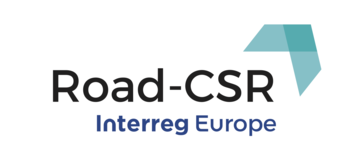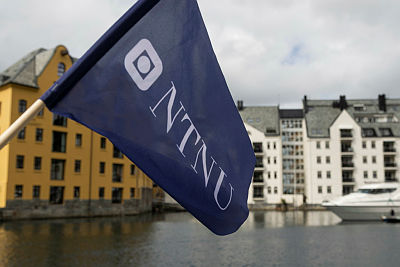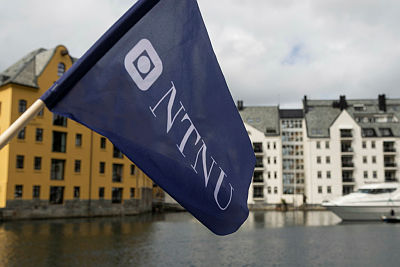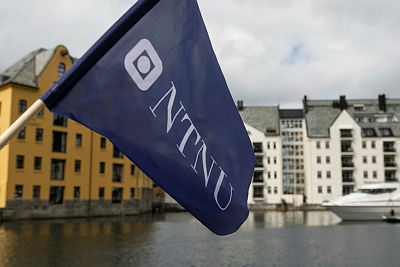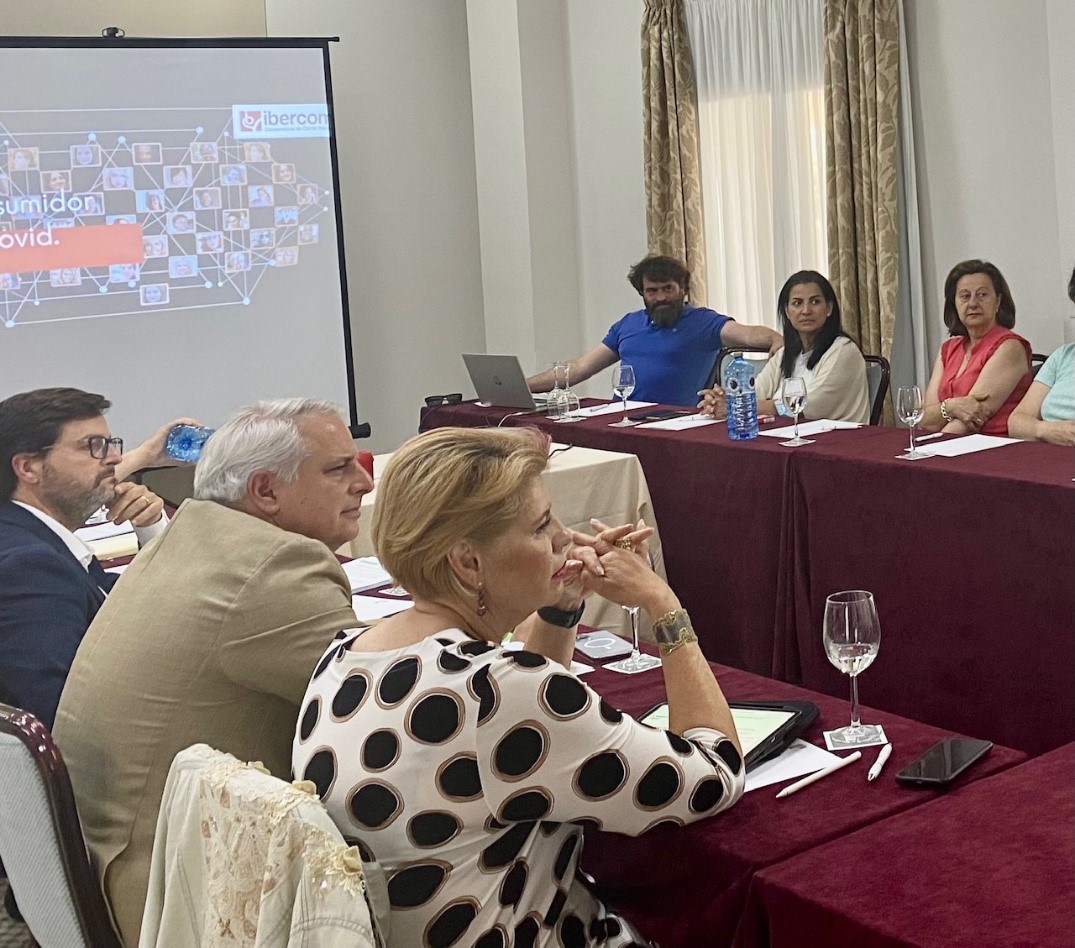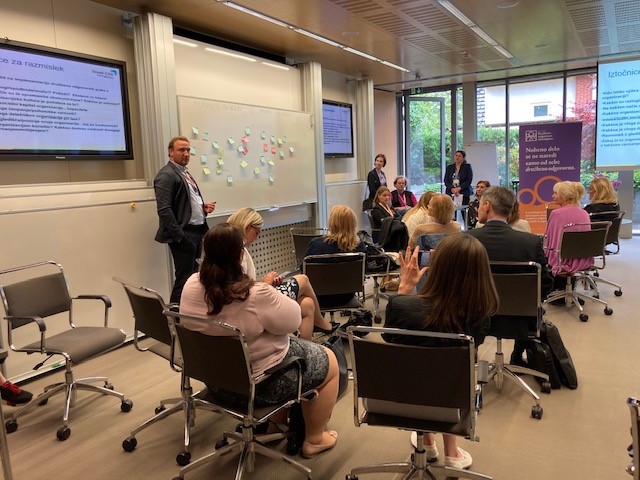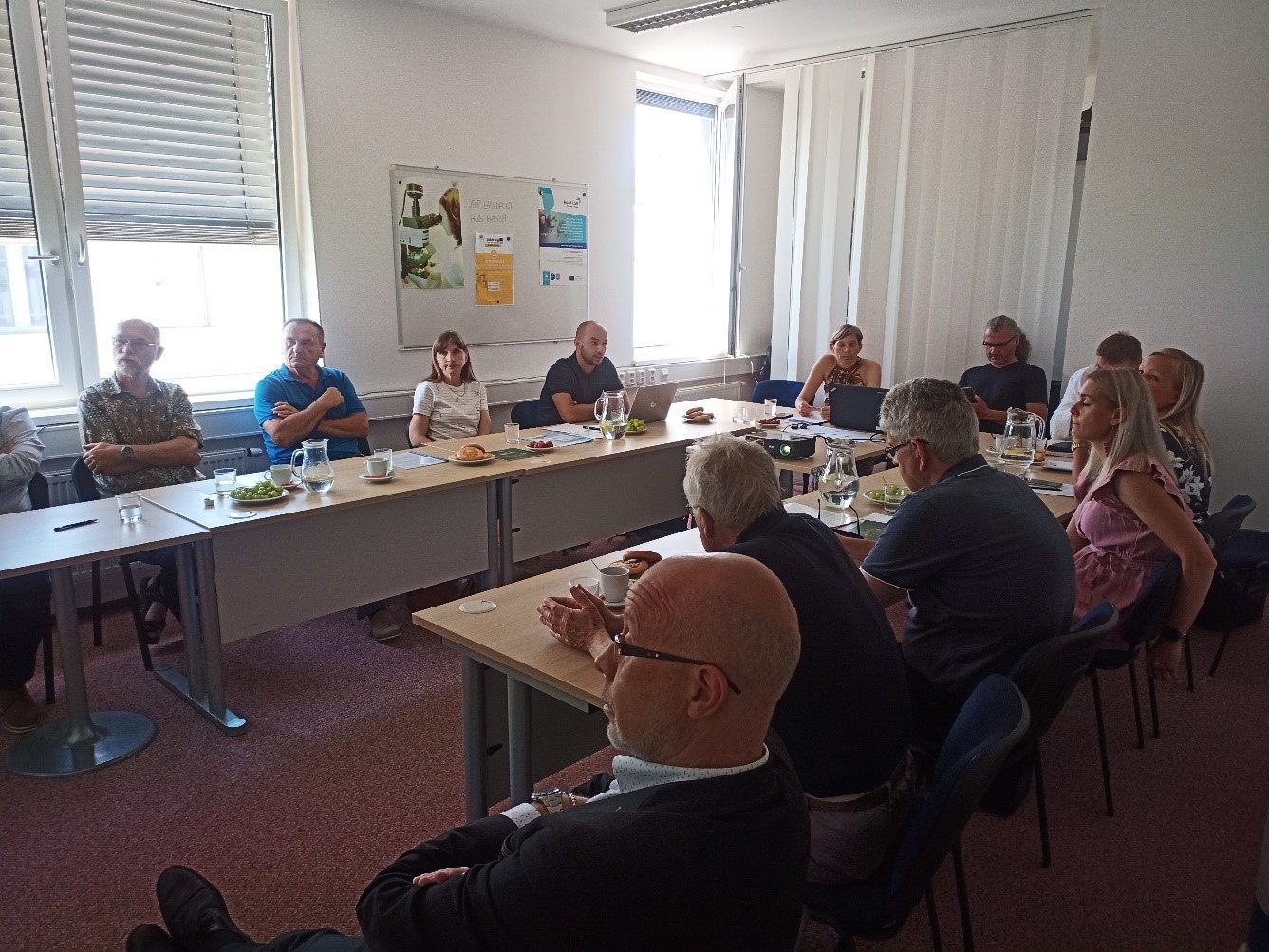The meeting was thought to be dynamic and participative where every proposals were taken into account.
First of all, we invited Mr. Anselmo Solana, one of the responsible persons for drafting the Social Responsibility Law of Extremadura. He explained us the evolution of the idea until it became a law.
After this, a specialist on human resources, Mr. Roberto Martinez, CEO of MasFamilia Foundation talked us about the concept of Social Responsibility applied to human resources and talent management in companies.
After these introductory presentations, the CSR Office of the Government of Extremadura reported in detail to stakeholders about the ROAD CSR Project.
Later on, the Thematic Study was presented, offering our stakeholders an overview of the different parts developed, the regulation included as well as the good practices incorporated. A debate was opened to discuss and incorporate contributions from stakeholders to this Study.
Before the end of the Thematic Seminar, we performed a group dynamic and we asked our stakeholders to identify:
• Three barriers they consider most significant for the implementation of CSR in SMEs,
• Three CSR measures that could be implemented in SMEs and micro-SMEs in the territory.
Among all the barriers and measures presented, we have to say that the most repeated were:
Most repeated barriers:
• The lack of economic return of CSR measures
• Lack of resources to incorporate CSR measures
• The need of companies to quantify and measure CSR actions in order to quantify results.
• The lack of knowledge about CSR.
Most repeated CSR measures:
• Incorporation of social and environmental clauses into Public Procurement.
• Public recognition of Socially Responsible Companies.
• Training on CSR.
